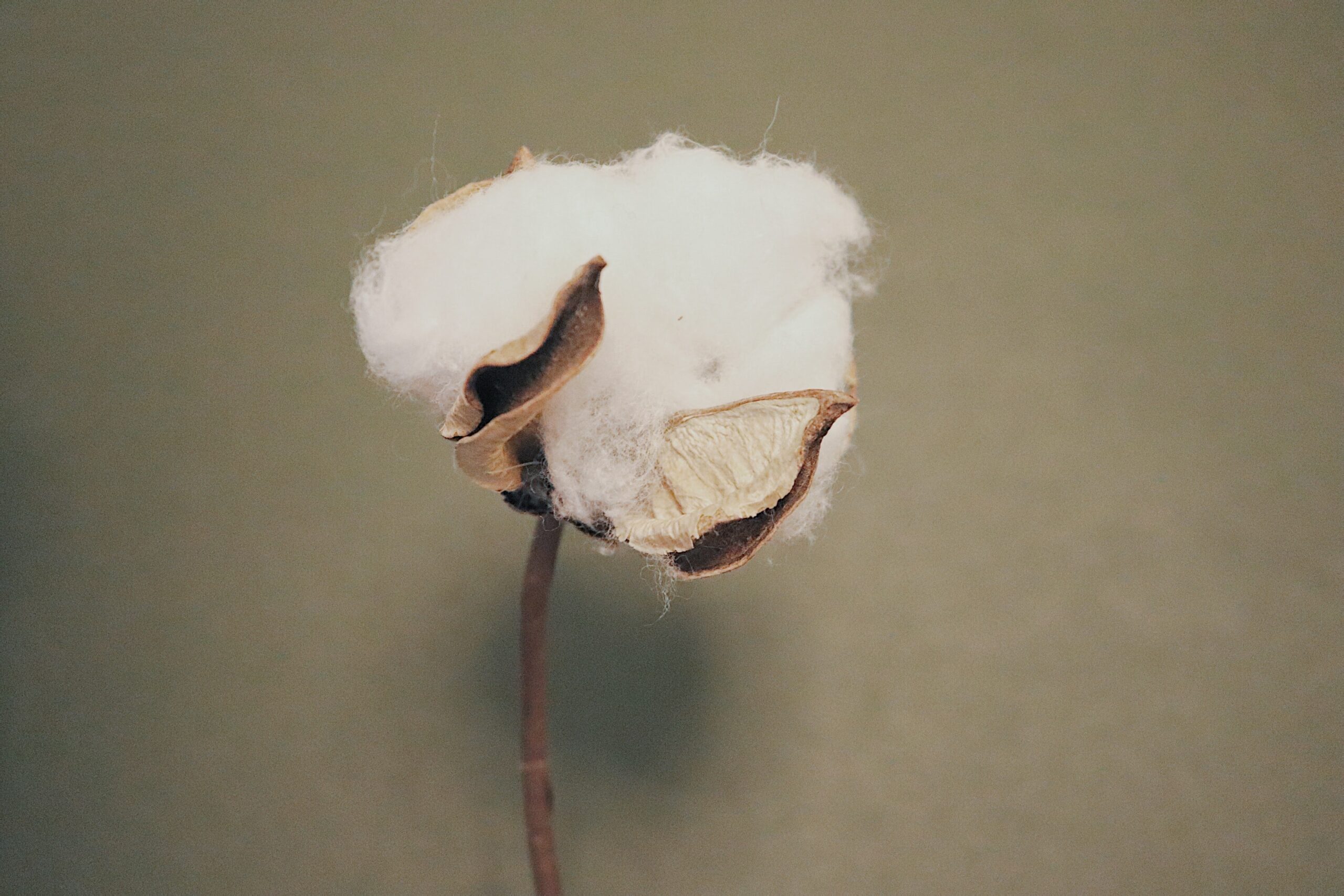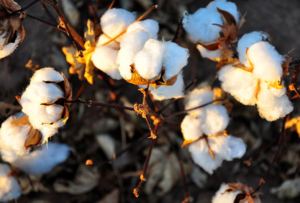Disclaimer: This article is more than 3 years old, and may not include the most up-to-date information or statistics. Please verify information with more recent sources as needed, and if you have any questions contact our Press Office.
A blog by Ruslan Myatiev, Editor of Turkmen.news, on how you could help to discourage businesses from using cotton tainted by human rights abuses in Turkmenistan

The 2020 Turkmenistan cotton harvest has recently come to an end. Turkmenistan, a Central Asian country with an extremely oppressive regime, employs forced labour on a massive scale to power their cotton industries. However, the injustices suffered by the Turkmen people very rarely get the attention they deserve.
Every year, the Turkmen government sends thousands of people into the cotton fields, including teachers, doctors and nurses, forcing them to leave their daily jobs and harvest cotton for the state. Workers are given cotton-picking quotas, under threat of punishment if they fail to pick enough. Those that fail to meet their quotas face harassment from the authorities, and risk losing their jobs. The work is strenuous and requires great physical effort; working and living conditions in the fields are appalling and cotton pickers are often exposed to serious health risks.
The pandemic in the fields
To those of you who follow the situation in Turkmenistan, this will come as no surprise: another year has passed, and we have seen no progress at all. If anything, this year the coronavirus pandemic has made things worse. Officially, there is no coronavirus in Turkmenistan. In truth, many of the workers have caught coughs, people do not wear masks and they are taken to work in overcrowded buses. The Turkmenistan cotton harvest could be a breeding ground for coronavirus and other diseases – yet it continues.
When the harvest started, there were many children in the fields. Some went cotton-picking in place of their parents, while others were hired by those who can afford to pay for a replacement.
“Mum works in the culture department and always goes herself, but she’s not well, she’s got a high temperature. Her boss told her by phone that she should send a hired worker instead. But we would have to pay him and we’re in debt. We decided at home that I would go instead of mum.”
– Forced Labor Monitoring in Turkmenistan: Review of the 2020 Cotton Harvest
In September 2020 the authorities introduced not only a cotton obligation, but a cotton punishment too: those not wearing masks on the streets were sent to work in the cotton fields. And in October it was reported that not only adults, but teenagers too were sent to the fields for failing to follow the rules on mask-wearing.
Urgent action is needed

The Turkmenistan cotton harvest is big business: the country is the world’s 11th largest cotton producer and exporter. This means Turkmen cotton tainted with forced labour can find its way through global markets and on to racks in High Street shops. Turkmenistan has very close economic ties with Turkey, with 20% of Turkey’s imports of cotton yarn and textile coming from Turkmen cotton fields. These commodities are in turn exported worldwide, and end up being sold to consumers across the world.
Anti-Slavery International has been campaigning for more than a decade to end the abuses inflicted on people during the Turkmenistan cotton harvest. In spite of these efforts, the Turkmen authorities continue to deny that forced labour is used in the country, even though there is plenty of evidence documented by human rights activists – often at risk to activists’ lives – that proves the opposite.
What can you do?
Anti-Slavery International is urgently calling on the Turkmen government, the business community, governments in other countries and international agencies to take drastic measures to end these practices. You can help too, by putting pressure on brands to stop sourcing from Turkmenistan, and asking them to ensure forced labour does not taint the products you buy. You can do a couple of two simple things to tell businesses that you expect them to put an end to the use of cotton tainted with human rights abuses:
Tweet to your favourite brand:
Please consider using this text, or something similar, to tell your favourite brands about your views on this issue:
#Forcedlabour is rife in Turkmenistan and affects global cotton supply chains. @[brand handle] please sign up to the Turkmen Cotton Pledge to ensure it doesn’t taint the products I buy from you. https://www.sourcingnetwork.org/turkmen-cotton-pledge/
Email your favourite brand:
If you are concerned about the Turkmenistan cotton harvest, why not write to businesses to ask them to sign the Turkmen Cotton Pledge? You can often find consumer contact details for your favourite brands on their websites. You can share a link to this blog post, explain why this issue matters to you, and ask the business to sign the Turkmen Cotton Pledge. If you hear back from any businesses, please feel free to drop Anti-Slavery International an email with a copy of what they had to say.





